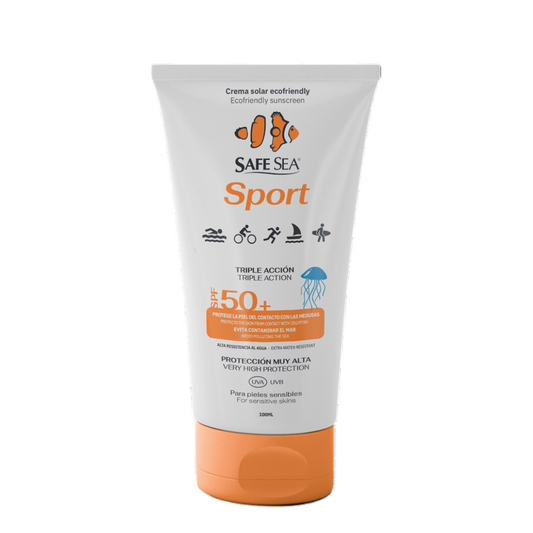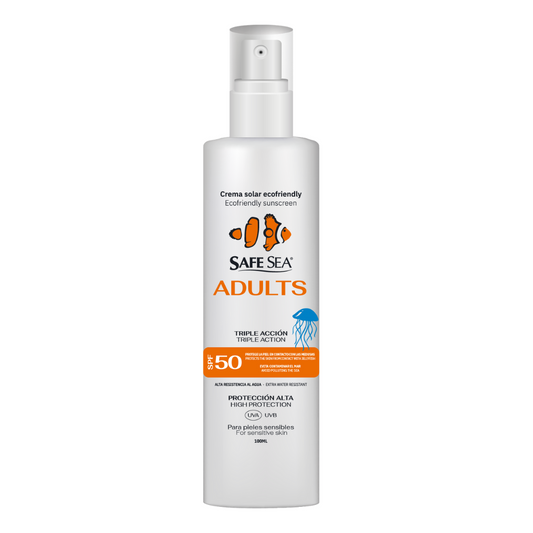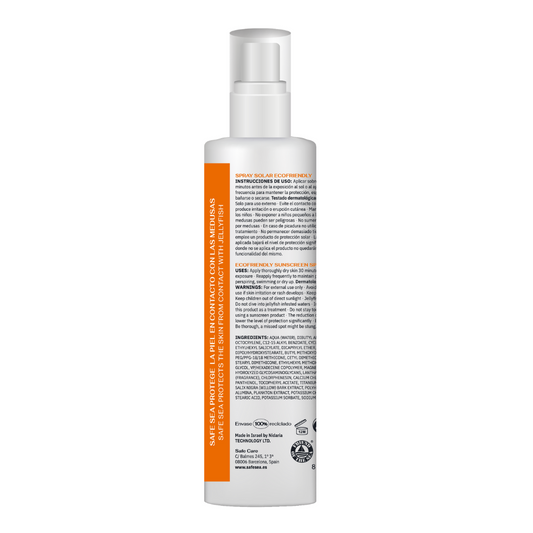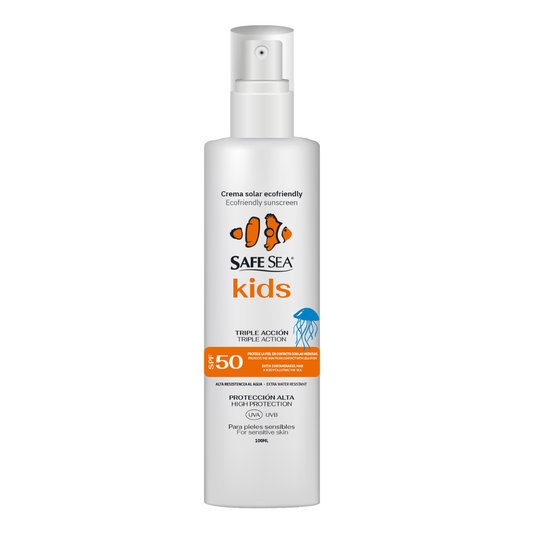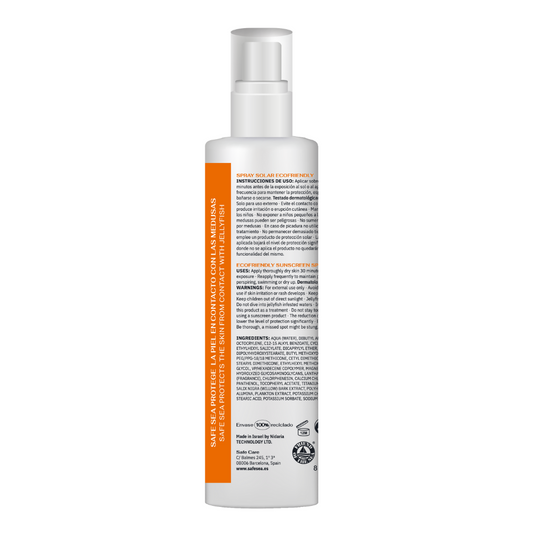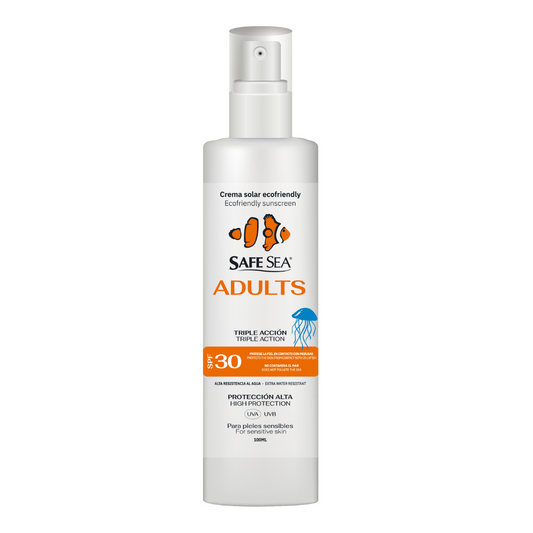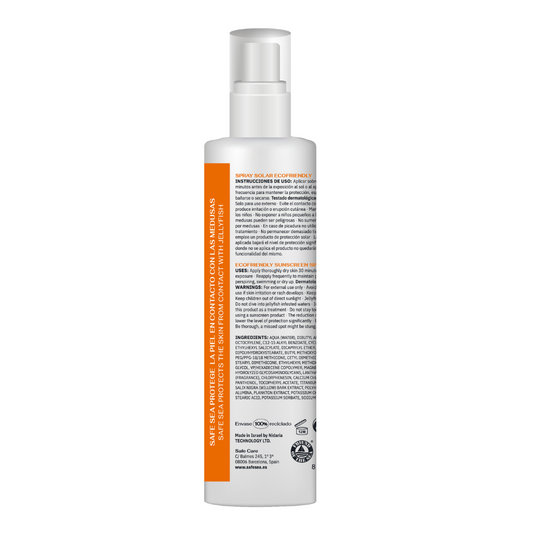Box jellyfish: the sting of the most lethal animal on the planet

The box jellyfish or "sea wasp" can cause death by cardiac arrest if the venom from its tentacles comes into contact with the skin.
What is the greatest pain a person can experience? If you are a male, you probably think of a blow to the testicles. On the other hand, if you are a woman, the answer will probably be the pain experienced during childbirth. You would be wrong, because none of them can compare to the sting of the box jellyfish (Chironex fleckeri).
This animal, also known as the sea wasp, has the most potent natural poison in the world, according to a study published in Toxicon, a journal that publishes scientific work related to the toxicity of the different animals, plants and microorganisms that populate the Earth. Itsnatural habitat is on the coasts of Australia and there are 5,500 documented deaths due to its sting. The pain that occurs after contact with its tentacles can last up to 24 hours, and produces cramps in arms and legs, tachycardia, nausea, restlessness, sweating and hypertension.
This jellyfish is a small animal -between 10 and 20 centimeters-, translucent, that glows in the dark and has 60 tentacles that can reach 80 centimeters in length. Its venom, found inside the millions of microscopic stingers in these tentacles, can cause death by cardiac arrest.
Mice that die in seconds
In 2007, Australian researchers published a study analyzingthe impact on the organism caused by contact with the box jellyfish. To do so, they extracted samples of the toxin from inside the animal and subjected them to different preservation methods. The study aimed to test how the temperature and pH of the water affect the severity of the reaction produced by the venom. To do this, they handled the sea wasp toxin in five different ways: boiled venom (A), at a pH of scale 3 (B), frozen dry and reconstituted with distilled water (C), frozen and thawed twice (D), and, finally, unmanipulated (E).
The only forms of venom that caused death in the mice used for the experiment were C and E. When the venom was applied to the study subjects, in less than 5 seconds there was an increase in heart rate from 120 beats per minute to almost 200. After reaching the maximum, in 15 seconds they returned to their normal rhythm. Then they dropped to no heartbeat in less than 20 seconds, resulting in death.
In the other three venom formats tested, the result was similar. But without causing death: the pulse rate rose, then dropped and stabilized again after five seconds in case A, and less than a second in cases B and D.
Marks on the skin
In the case of accidents due to contact with these jellyfish, numerous episodes have been documented in which the skin has been marked with scars reminiscent of those left by a whiplash on the skin. In cases where death has resulted, it has been caused by cardiac collapse or paralysis from pain in the water, eventually leading to drowning.
Between the months of October and May, box jellyfish come to the coast to reproduce. As a result, in places such as Queensland, in the northwestern part of Australia, the population is banned from swimming.
Jellyfish Chest 'Killed' Will Smith
The killing power of the box jellyfish was harnessed by the screenwriters of the movie Seven Souls. In this feature film, starring American actor Will Smith, his death is caused by stings from the sea wasp.
The character played by Smith commits suicide to donate his organs to seven people. As he does not want his body to be harmed, he gets into the bathtub with a specimen of this species. After several gestures in which the pain is evident, the protagonist finally dies of cardiac arrest.


